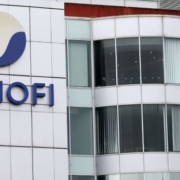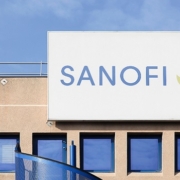The partnership with Chinese biotech Cellular Biomedicine Group will cost J&J $245 million upfront and give it access to two differentiated CAR-T therapies for diffuse large B-cell lymphoma.
The Inflation Reduction Act will likely put a financial squeeze on pharmaceutical companies. The effects of this will likely prompt them to limit drug discovery activities, which may in turn prevent new therapies from reaching the neediest populations.
For $150 million upfront, Sanofi will gain access to Maze’s lead asset MZE001, which inhibits the GYS1 protein in the rare genetic disorder.
The company said it would work closely with the FDA to address the agency’s concerns, which the drugmaker expected to be communicated within the next 30 days. This is Sun Pharma’s second run-in with the FDA in less than two weeks.
Sanofi is the latest company to do some spring cleaning of its pipeline. Thursday morning, the pharma announced it will discontinue two acquired programs in its Q1 update.
A large trial showed that a high dose of Eli Lilly and Co.’s Mounjaro helped people with type 2 diabetes who were also obese or overweight to lose nearly 16% of their body weight, or over 34 pounds (15kg) on average, the company said on Thursday.
To sharpen its focus on its core therapeutic areas, Novartis is discontinuing or licensing out 10% of its clinical development programs, the company announced Tuesday during its first-quarter financial report call with investors.
Brussels on Wednesday published a long-awaited draft of its proposed overhaul of laws governing the European Union’s pharmaceuticals industry, setting up a tussle with drugmakers which warn they will invest and innovate elsewhere.
Findings from the ACTION-Galactosemia Kids study showed Applied Therapeutics’ govorestat fell short of its primary endpoint, inducing no significant functional improvement in children with galactosemia, a rare genetic metabolic disease.
The FDA has placed a partial clinical hold on a Phase I study of Foghorn Therapeutics’ investigational protein degrader FHD-609 after a patient developed a grade 4 QTc prolongation event, the company announced Monday.







 Adobe Stock, Yingko
Adobe Stock, Yingko

